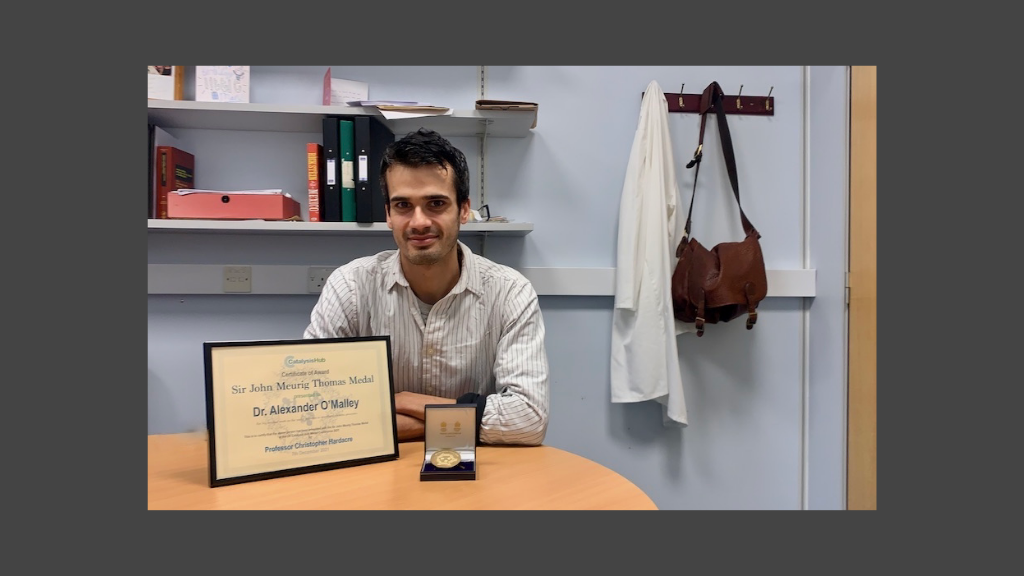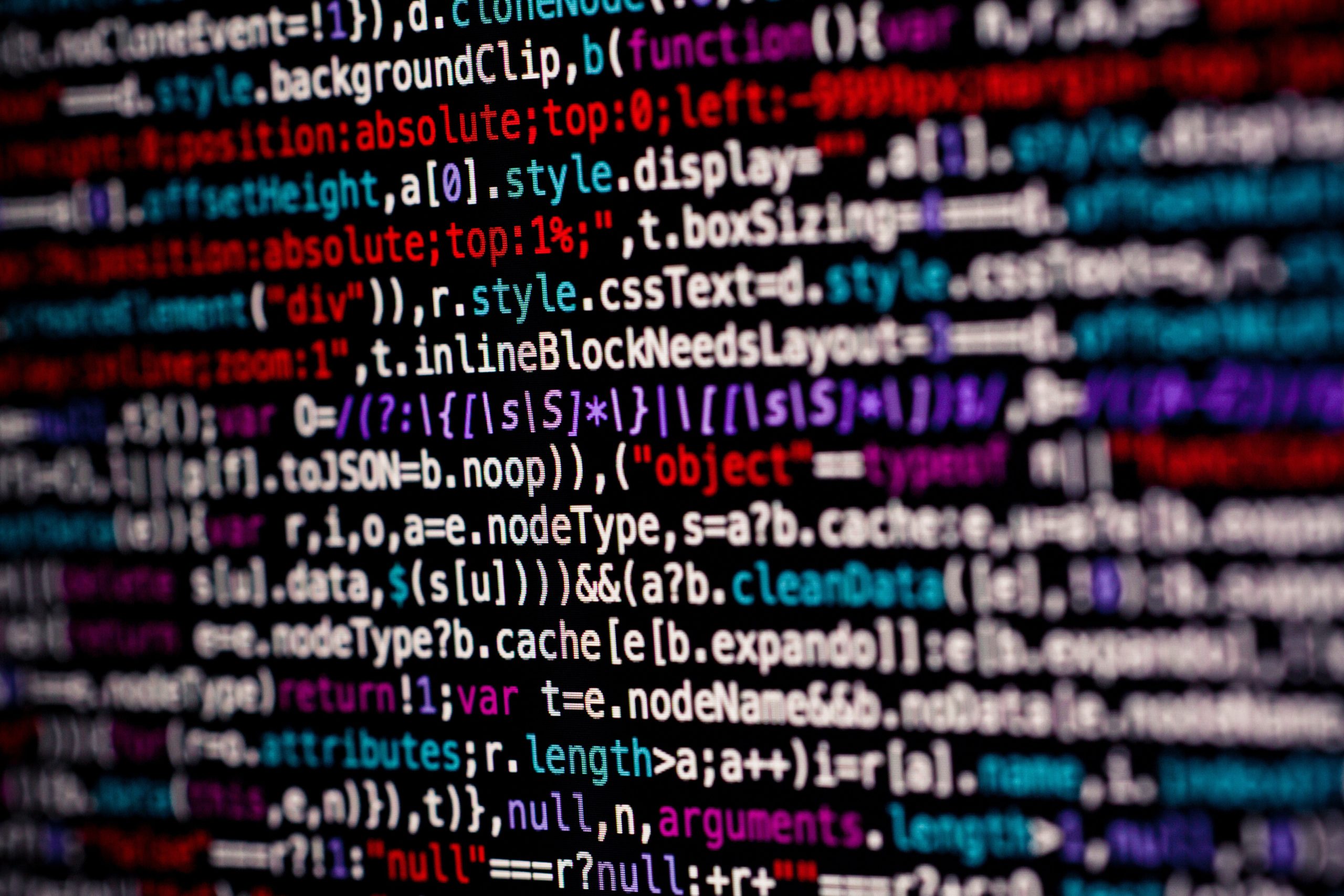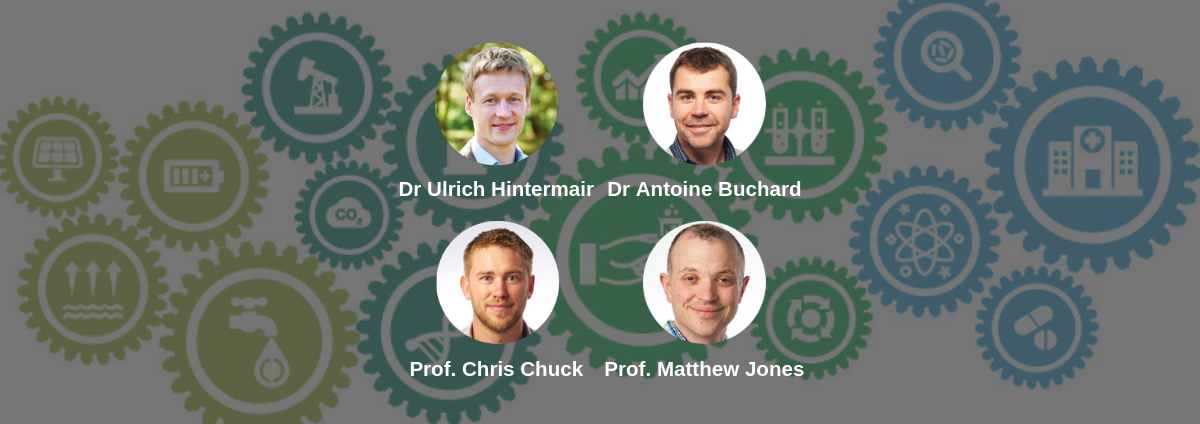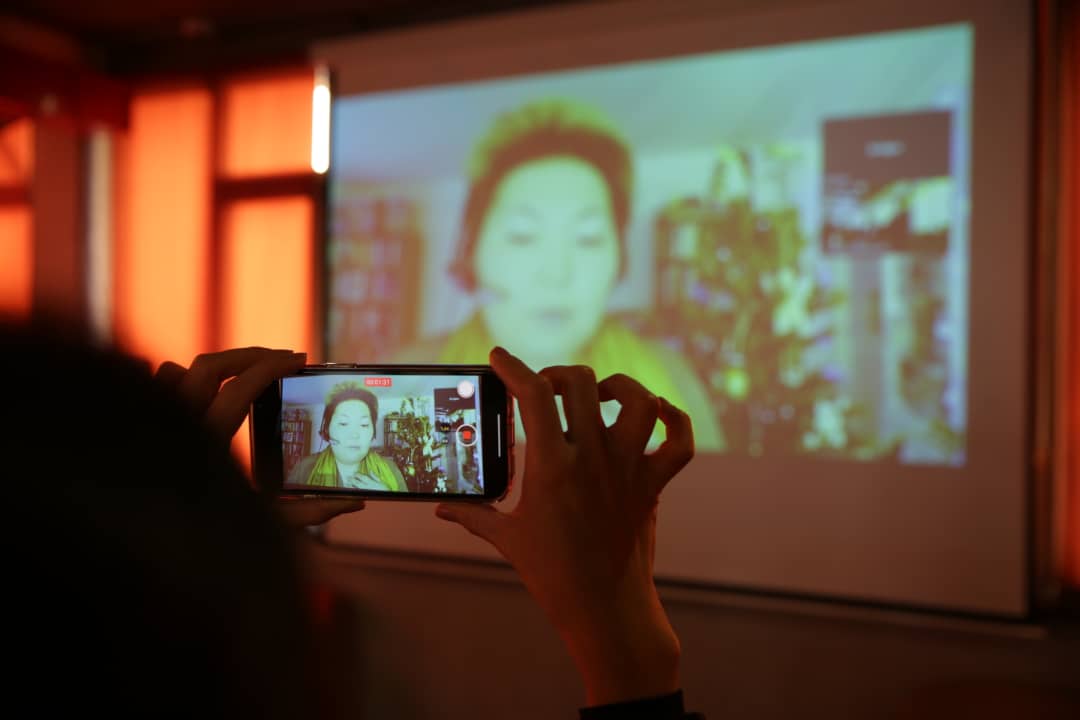
Top award for CSCT researcher for her work on vaccines and civil activism
Dr Asel Sartbaeva has been awarded the prestigious Precedent award in her home country of Kyrgyzstan.
Dr Asel Sartbaeva has been awarded the prestigious Precedent award in her home country of Kyrgyzstan – an award that recognises her contribution to the fight against Covid-19, her scientific work on thermal stabilisation of vaccines, and her public engagement work promoting vaccination programmes for children and against the pandemic.
Chemistry lecturer Dr Sartbaeva is known for creating a method that makes vaccines stable without refrigeration. This award-winning technology, named ensilication, was developed to stop vaccines from degrading when kept out of the fridge, in order to improve the availability of vaccines to children living in remote and impoverished parts of the world. Ensilication holds great promise for the safe storage and transportation of all vaccines – including those needed to fight a pandemic.
It was both for this discovery, along with her vaccination advocacy work and public speaking in Kyrgyzstan, that Dr Sartbaeva was chosen for the 2022 Precedent prize.
The award – launched six years ago – aims to highlight the work of ‘civil activists and human rights defenders. Previous winners include an entrepreneur who built a hotel that makes all services available to people with disabilities and a private citizen who successfully promoted energy-efficient technologies, facilitating access to clean water, light and heat in rural settings.
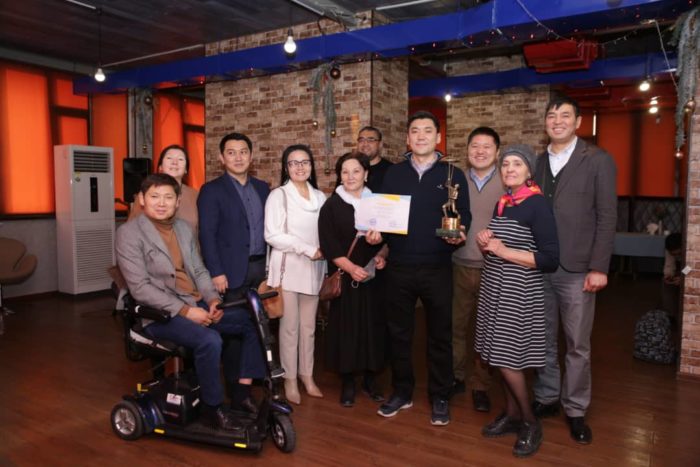
The award was collected on behalf of Asel by her brother in Kyrgyzstan.
Dr Sartbaeva, who is the UNICEF Ambassador for the Girls in Science programme, said: “I was surprised, humbled and happy to be chosen to receive an award that symbolises freedom within a civic society.
“I would like to dedicate this award to all the doctors and volunteers who have been fighting Covid-19 since the beginning of the pandemic, as well as to all scientists who took part in the development, testing and application of vaccines against Covid-19. Vaccines give us personal armour: a shield to protect our families and those around us, and a sword to fight the pandemic.
“In addition to my scientific and teaching work, I want to contribute to general education and public work, to make scientific discoveries closer and more understandable to people. I try to find time both for meetings with school children and the public here in Britain, and for virtual meetings with schoolgirls in Kyrgyzstan.”
She added: “I urge everyone who has not yet been vaccinated to do so as soon as possible. You are doing this not only for yourself, but also for your family, friends, and the whole of society.”




